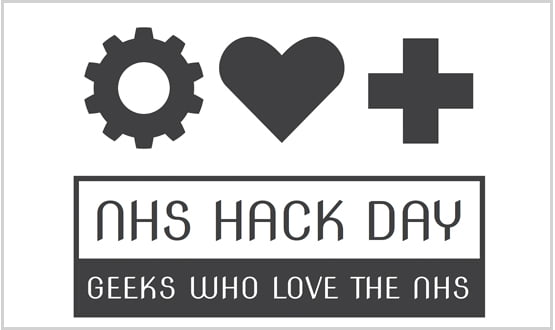Junior doctors ‘invisible’ in NHS IT
- 19 April 2013

Dr Wai Keong Wong has called on NHS managers and suppliers to engage with “invisible” junior doctors, and recognise them as the real forgotten users of many hospital systems.
Dr Wong, a haematology registrar at the Royal Free London NHS Foundation Trust, former chair of the CCIO Leaders Network, and leading light of NHS Hackday and Digital Doctors, told the HC2013 conference that he was constantly frustrated by the IT systems he had to use daily.
“I graduated in 2003, around same time as NPfIT started, and I thought ‘this is a really exciting time for a geek in a white coat.’ But every time I use a computer I still go argh!”
He called on his fellow junior doctors to be angry about the situation. “I’m surprised that we are not more angry about the mediocre IT tools we have to use at work. You would not use a blunt scalpel.”
He asked his audience to imagine a typical patient’s journey, and how a junior doctor has to work with a hybrid of fragmented different paper and electronic systems, with multiple handovers.
“You might take a history of a patient with shortness of breath on paper. Then you often have to pull information from multiple systems; then hand over care to another care team when the patient is admitted.
“Then, if the patient becomes unwell at night will have to see another junior doctor. And on discharge there is a summary and another handover to the GP.”
Dr Wong said he’d pondered why IT felt like such a chore and had come to a surprising conclusion. “Why? I’ve decided that it’s because we don’t exist.
“EPR systems never mention who the junior doctor is looking after the patient. They are not really designed for us to integrate all information needed to make decisions at point of care.”
He said this invisibility created real problems in his own speciality, such as “making it incredibly hard to track down a team when there is an abnormal blood result.”
Dr Wong said that it wasn’t just a problem with computers, but with NHS managers.
“We are rarely involved in design, procurement or feedback of systems or operational pathways – despite being the ones being the ones who have to implement these things at moments of crisis.”
He added: “Patients interact most with junior docs but we’re not involved in decision making processes.” Partly, he acknowledged, this is because: “We are temporary staff who move on every six months.”
In his own career to date, Dr Wong said he’d worked in four cities at ten hospitals and 40 departments.
This made it hard to drive change; but he said frequent moves mean junior doctors get to see what works. “We use a cross-section of all IT systems in different hospitals.”
Dr Wong urged managers, suppliers, policy makers and senior colleagues to realise that junior doctors have a lot to offer in digitising healthcare.
“To software vendors; I urge you to find ways of getting feedback from junior doctors, to run feedback and design sessions,” he said. To senior NHS colleagues he added: “This is really about developing future leaders.”
As a helpful step, Dr Wong said wi-fi and access to the Internet should be provided in all hospitals.
NHS Hackday is running a survey of wireless internet access for NHS staff at the moment, with a view to lobbying for better access.




